Why Kamala Harris is downplaying her gender
A shift from Hillary Clinton's 2016 campaign

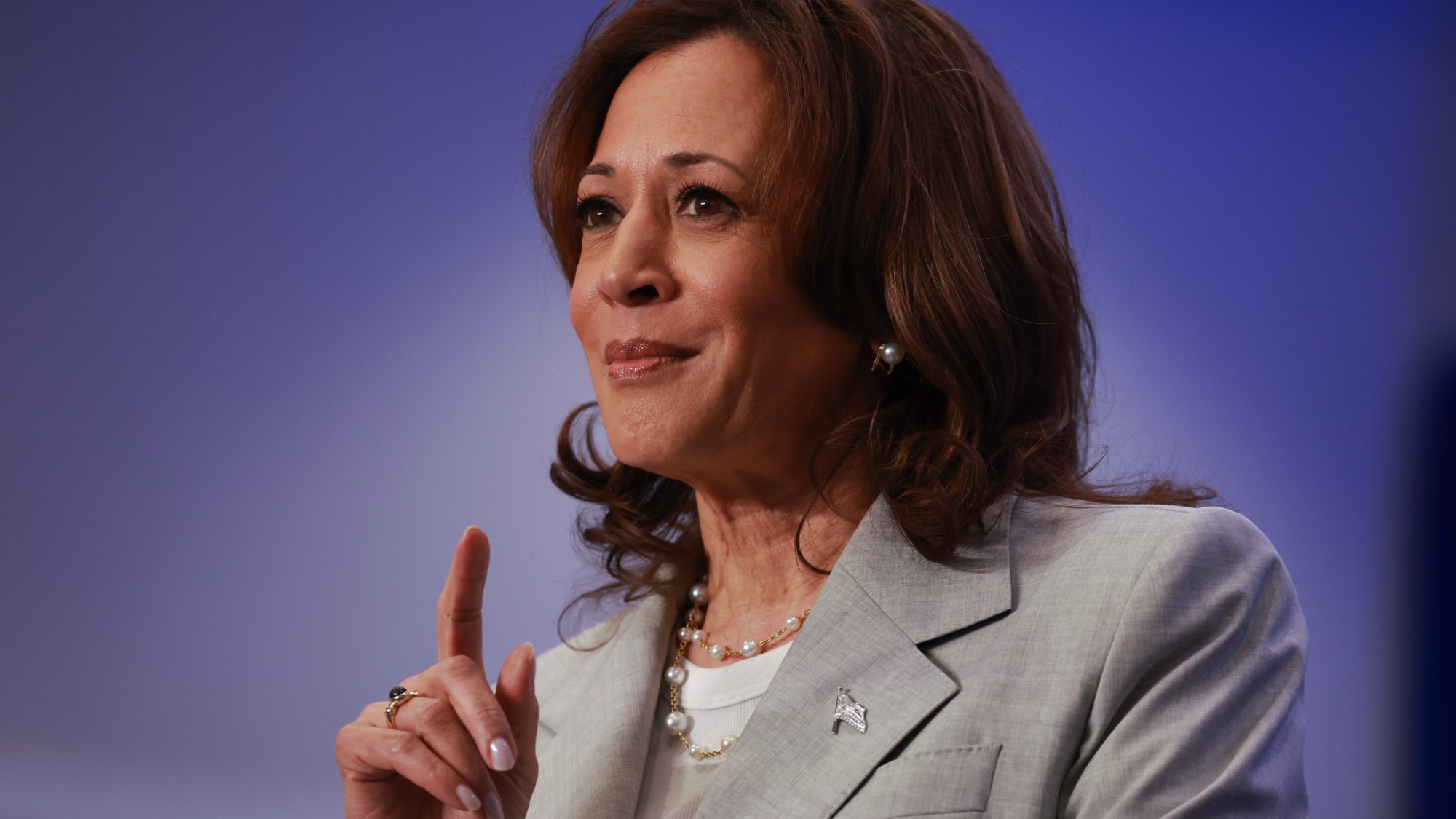
A free daily email with the biggest news stories of the day – and the best features from TheWeek.com
You are now subscribed
Your newsletter sign-up was successful
Kamala Harris could well be the first woman president, but she's not making a big deal about it. Instead, "she's letting that fact speak for itself," said Politico. That marks a shift from Hillary Clinton's 2016 campaign, which emphasized the history-making nature of her presidential bid — and which Clinton lost to Donald Trump. Harris, who is also facing Trump, is betting that voters are ready to vote for a woman "but care far more about her record and platform."
Harris is "avoiding the sexist traps that snared Hillary Clinton," Susan Milligan said at The New Republic. The electorate has grown more used to women in power over the last decade — there are twice as many female governors now — but "much of it is the candidate herself." Harris has managed to demonstrate authority "without appearing too aggressive." That's a tricky balancing act for female candidates. "You have to show strength," Michigan Secretary of State Jocelyn Benson said, "and you also have to show compassion, empathy, and kindness."
'Breaking barriers and glass ceilings'
"Voters are looking for electability, not representation," Pamela Paul said at The New York Times. A Pew survey showed that nearly two-thirds of voters — including 57% of women — say electing a female president in their lifetime was "not important or didn't matter." Sexism often is blamed for Clinton's 2016 loss to Donald Trump, but Clinton was a "flawed candidate who ran a terrible campaign." It's best to "stop all the talk of breaking barriers and glass ceilings."
The Week
Escape your echo chamber. Get the facts behind the news, plus analysis from multiple perspectives.

Sign up for The Week's Free Newsletters
From our morning news briefing to a weekly Good News Newsletter, get the best of The Week delivered directly to your inbox.
From our morning news briefing to a weekly Good News Newsletter, get the best of The Week delivered directly to your inbox.
Harris is running an "anti-Hillary plan" to become president, Patricia Murphy said at the Atlanta Journal-Constitution. Her stump speech focuses less on barrier-breaking and more on her resume as a prosecutor, senator and vice president. People who might be inclined to vote against a woman "don't have to be reminded what they're getting if they pick her anyway." It's not like Harris has to work to highlight her gender: "The images say it for her."
Challenges and benefits
Gender will factor into voter judgments no matter what Harris does. "Women have to do more than men to prove they are qualified and are held to a higher standard of likability," pollsters Celinda Lake and Christine Matthews said at USA Today. Research from focus groups also suggests female candidates have to do more to highlight their qualifications and plans to voters. "A majority say America is ready for a woman president." What voters need to see from a female candidate, then, is "her leadership abilities."
The gender of voters may matter more. Harris' surge in the polls is "driven heavily by women and younger voters," said The Washington Post. Indeed, the political divide between men and women — the former tend to vote Republican, the latter Democrat — is an "increasingly stark partisan divider," said Axios. Harris may not be highlighting her gender, but "that doesn't mean the topic is not deeply infused in this race."
Other Democrats — like vice presidential nominee Tim Walz — will do the highlighting for Harris. She's got at least one notable fan rooting for her. "Together, we've put a lot of cracks in the highest, hardest glass ceiling," Hillary Clinton told the Democratic National Convention on Monday. "And tonight so close to breaking through once and for all."
A free daily email with the biggest news stories of the day – and the best features from TheWeek.com
Joel Mathis is a writer with 30 years of newspaper and online journalism experience. His work also regularly appears in National Geographic and The Kansas City Star. His awards include best online commentary at the Online News Association and (twice) at the City and Regional Magazine Association.
-
 American universities are losing ground to their foreign counterparts
American universities are losing ground to their foreign counterpartsThe Explainer While Harvard is still near the top, other colleges have slipped
-
 How to navigate dating apps to find ‘the one’
How to navigate dating apps to find ‘the one’The Week Recommends Put an end to endless swiping and make real romantic connections
-
 Elon Musk’s pivot from Mars to the moon
Elon Musk’s pivot from Mars to the moonIn the Spotlight SpaceX shifts focus with IPO approaching
-
 Gavin Newsom and Dr. Oz feud over fraud allegations
Gavin Newsom and Dr. Oz feud over fraud allegationsIn the Spotlight Newsom called Oz’s behavior ‘baseless and racist’
-
 ‘Implementing strengthened provisions help advance aviation safety’
‘Implementing strengthened provisions help advance aviation safety’Instant Opinion Opinion, comment and editorials of the day
-
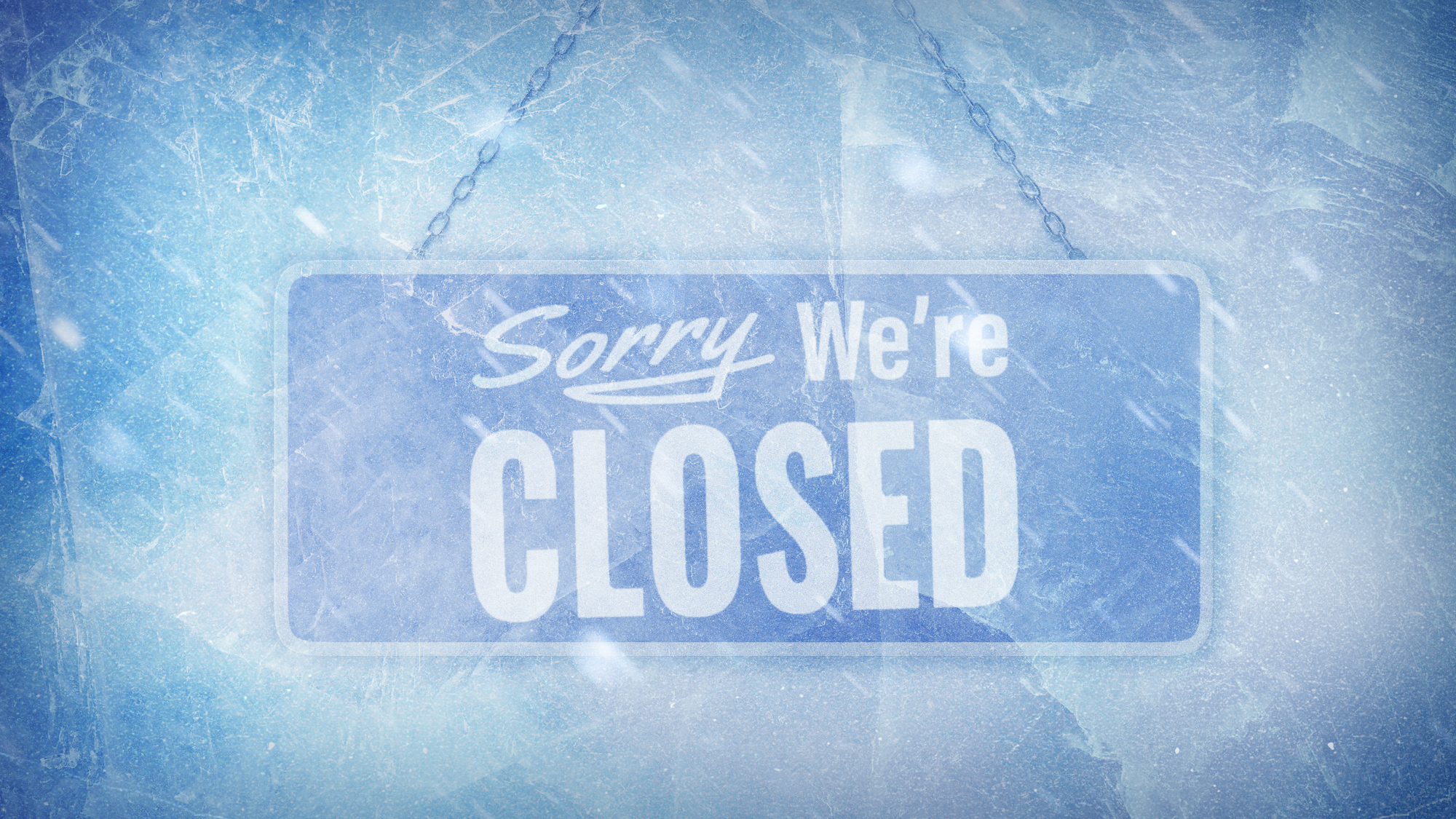 Businesses are caught in the middle of ICE activities
Businesses are caught in the middle of ICE activitiesIn the Spotlight Many companies are being forced to choose a side in the ICE debate
-
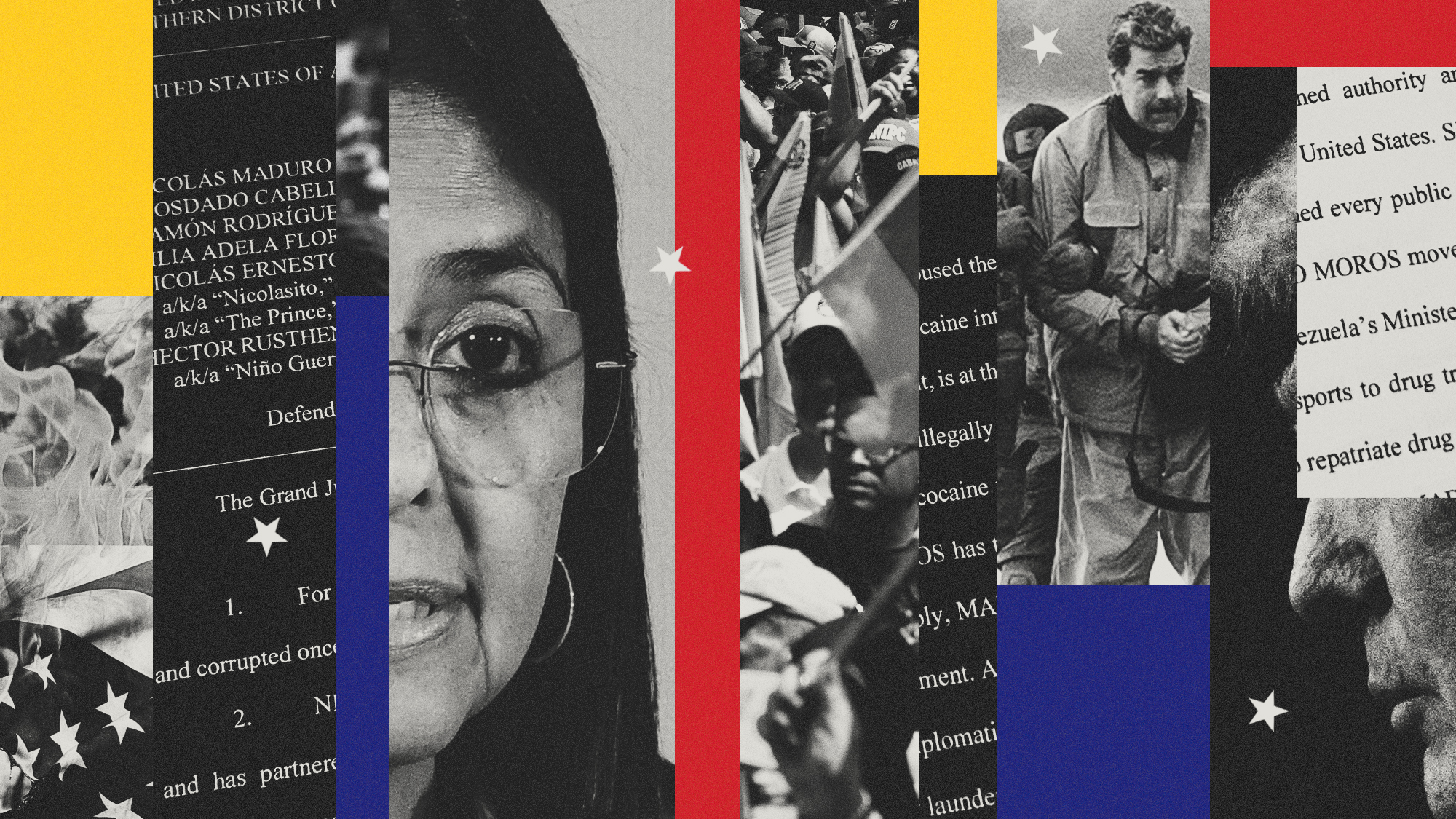 Venezuela’s Trump-shaped power vacuum
Venezuela’s Trump-shaped power vacuumIN THE SPOTLIGHT The American abduction of Venezuelan President Nicolás Maduro has thrust South America’s biggest oil-producing state into uncharted geopolitical waters
-
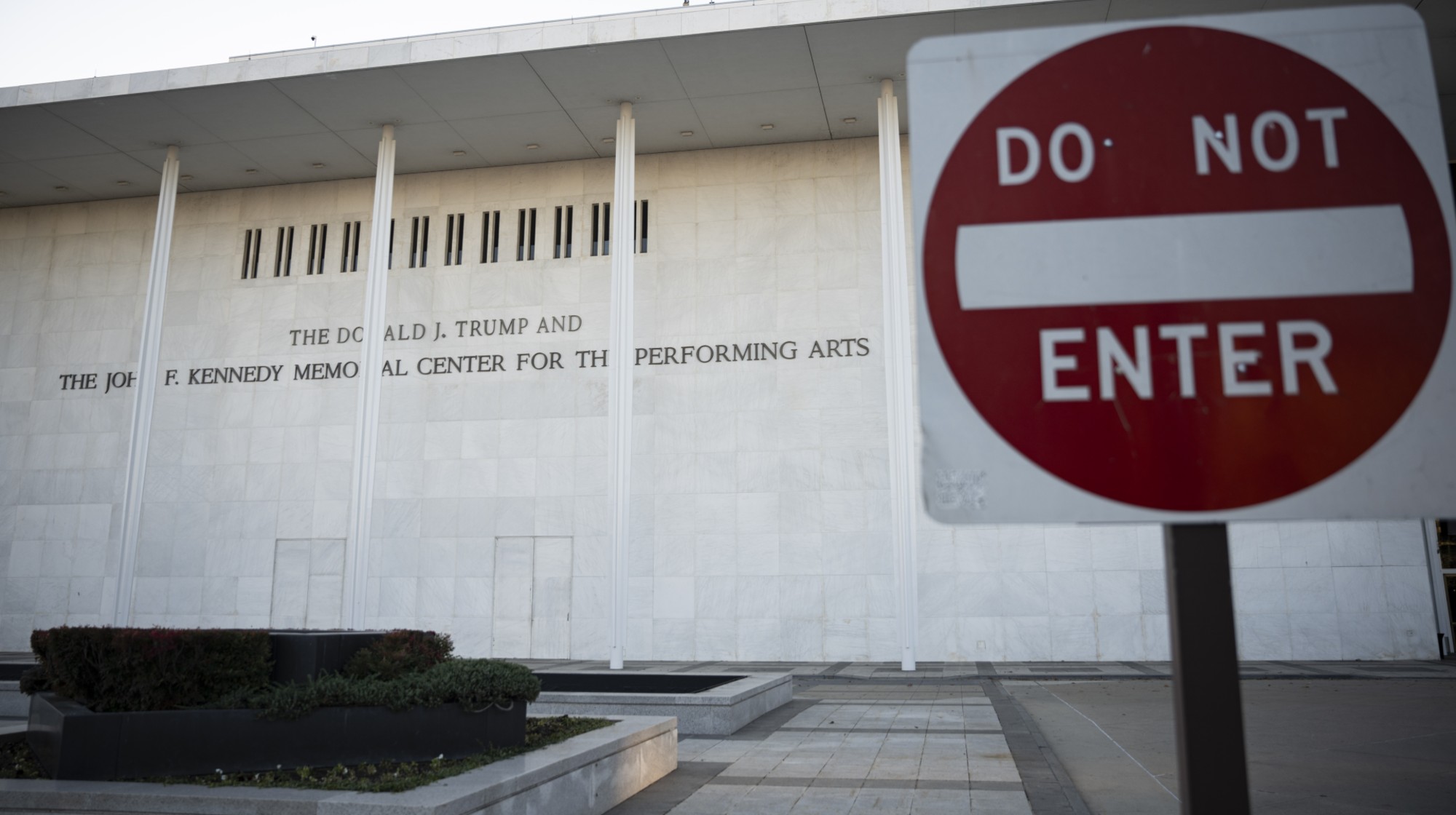 Wave of cancellations prompts Kennedy Center turmoil
Wave of cancellations prompts Kennedy Center turmoilIN THE SPOTLIGHT Accusations and allegations fly as artists begin backing off their regularly scheduled appearances
-
 The MAGA civil war takes center stage at the Turning Point USA conference
The MAGA civil war takes center stage at the Turning Point USA conferenceIN THE SPOTLIGHT ‘Americafest 2025’ was a who’s who of right-wing heavyweights eager to settle scores and lay claim to the future of MAGA
-
 Trump aims to take down ‘global mothership’ of climate science
Trump aims to take down ‘global mothership’ of climate scienceIN THE SPOTLIGHT By moving to dismantle Colorado’s National Center for Atmospheric Research, the White House says it is targeting ‘climate alarmism’
-
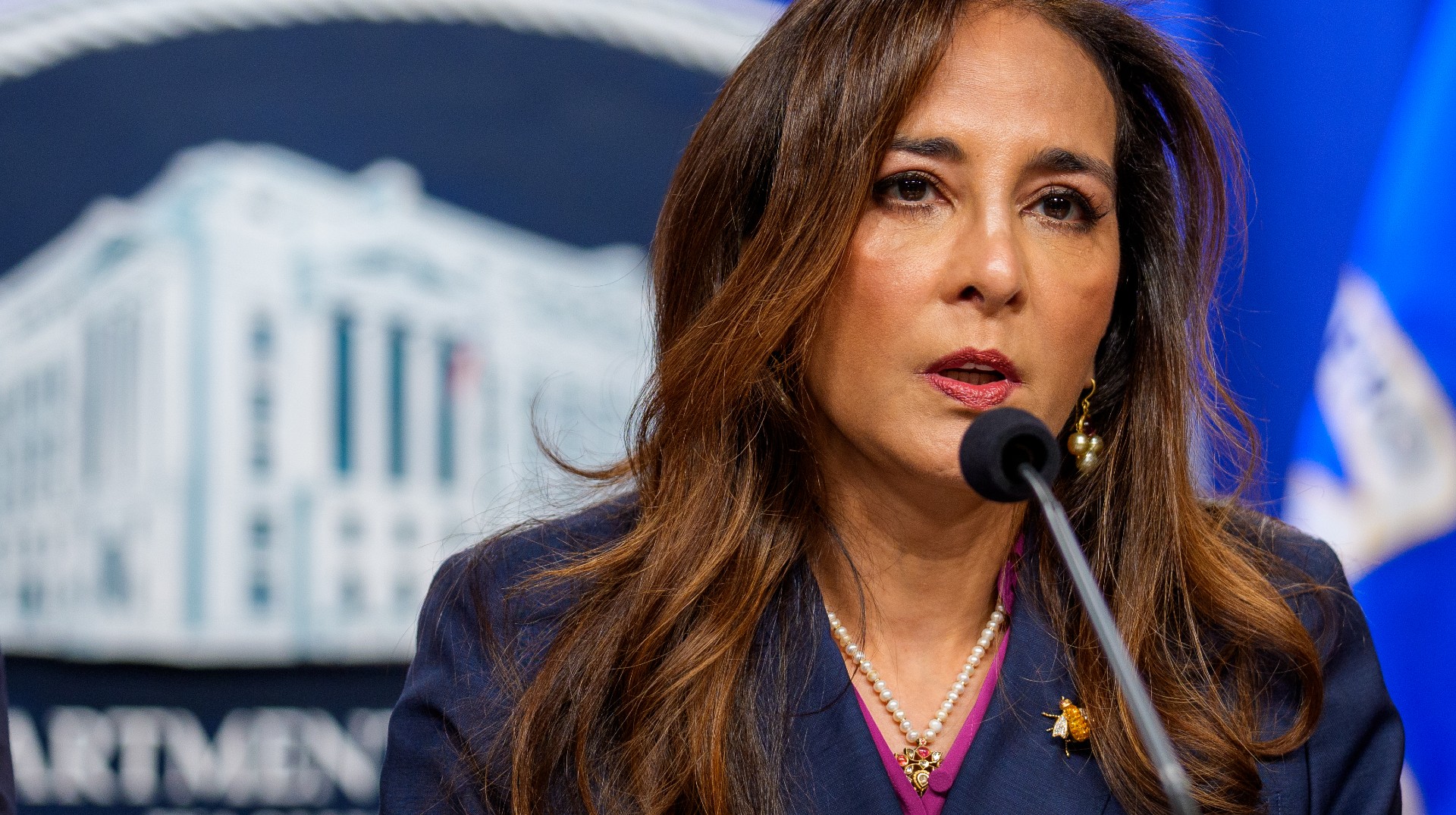 DOJ targets ‘disparate impact’ avenues of discrimination protection
DOJ targets ‘disparate impact’ avenues of discrimination protectionIN THE SPOTLIGHT By focusing solely on ‘intentional discrimination,’ the Justice Department risks allowing more subtle forms of bias to proliferate
